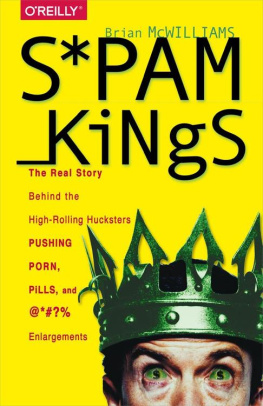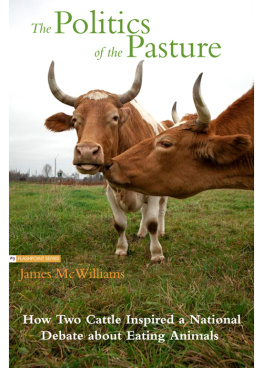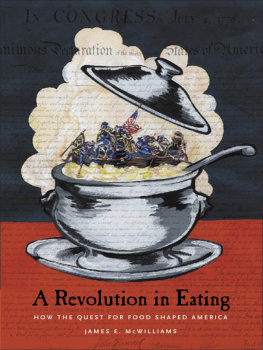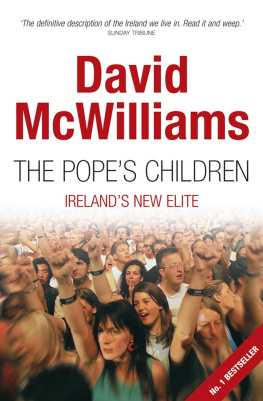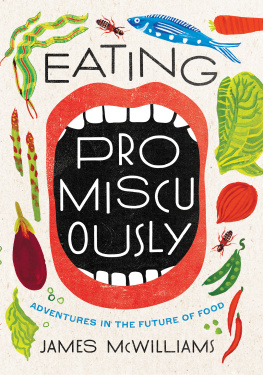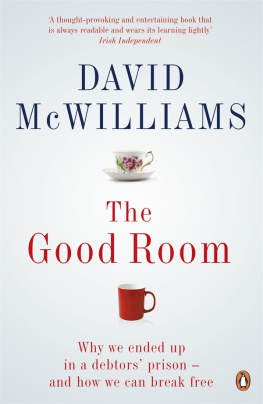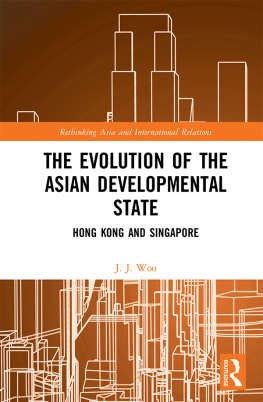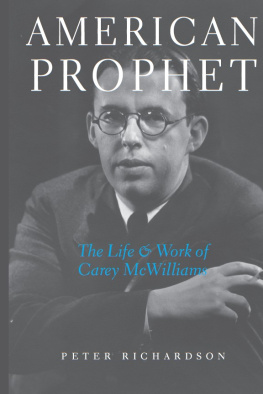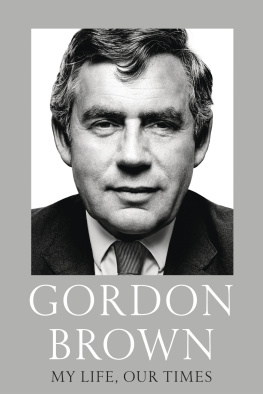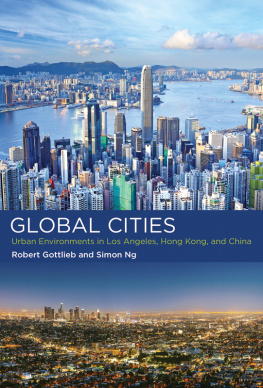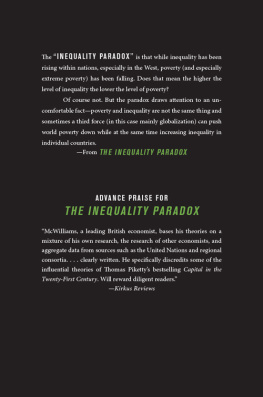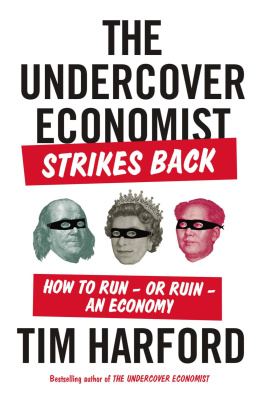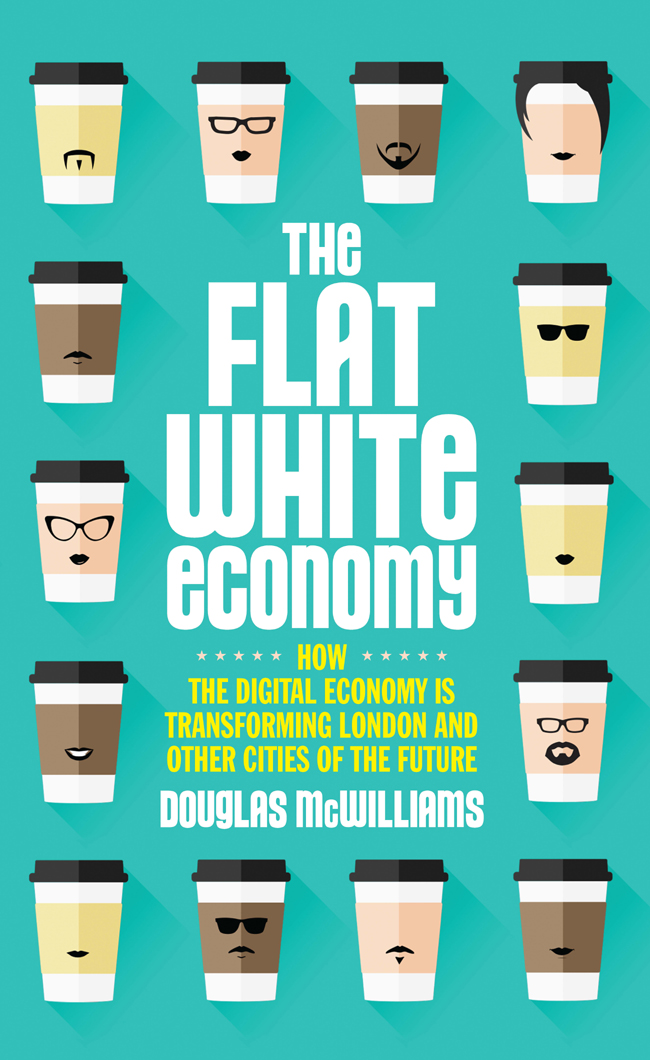PRAISE FOR DOUGLAS McWILLIAMS
has a habit in his lectures of dropping in factual nuggets that send a shiver down your spine.
Anthony Hilton, The Independent
THE AUTHOR
DOUGLAS McWILLIAMS is executive chairman of Cebr, one of the UKs leading specialist economics consultancies, now one of the most highly respected sources of business advice and research. His career has focussed on making economics relevant to commerce, first as chief economic adviser to the Confederation of British Industry, then as Chief Economist for IBM UK. In 2012 he was chosen from over 300 applicants to become the Gresham Professor of Commerce.
THE FLAT
WHITE ECONOMY
Douglas McWilliams
THE FLAT
WHITE
ECONOMY
How the digital economy
is transforming London and
other cities of the future
DOUGLAS McWILLIAMS

Duckworth Overlook
London and New York
This ebook 2015
Duckworth Overlook
LONDON
30 Calvin Street, London E1 6NW
T: 020 7490 7300
E:
www.ducknet.co.uk
For bulk and special sales please contact
,
or write to us at the above address.
NEW YORK
141 Wooster Street
New York, NY 10012
www.overlookpress.com
2015 by Douglas McWilliams
All rights reserved. No part of this publication may be reproduced, stored in a retrieval system, or transmitted, in any form or by any means, electronic, mechanical, photocopying, recording or otherwise, without the prior permission of the publisher.
The right of Douglas McWilliams to be identified as the Author of the Work has been asserted by him in accordance with the Copyright, Designs and Patents Act 1988.
A catalogue record for this book is available
from the British Library
Cataloguing-in-Publication Data is available
from the Library of Congress
eISBN: 9780715650271
In Silicon Valley we are often too busy bathing in our private sunshine. But the change in Londons technology climate has got us checking our weather apps. The weather alerts show that there will be plenty of opportunities to invest in technology companies based in London in the coming years some of which will become global powerhouses.
Sir Michael Moritz, Chairman of Sequoia Capital and author of Return to the Little Kingdom: Steve Jobs, the creation of Apple and How it Changed the World
CONTENTS
FOREWORD
I was prompted to write this book because I was intrigued by the subject matter and my personal connections with it. I was sufficiently excited to break the habit of 40 years and write another book.
Writing books is not something you should do if you want to use your time economically, especially if you have an interesting and exciting day job as I am fortunate to have as Executive Chairman of Cebr, the economics consultancy.
But this book involves digital technology, which I know about from my years as the Chief Economist for IBM (UK). And the London economy which has been a major interest of mine since my father was Lord Mayor of London and asked me to help him with his speeches on the London economy (for more read the book!). And the epicentre of the Flat White Economy is the London postal district EC1V which has been my own office postal district for the past fifteen years. The subject fascinated me so much that I just had to write about it.
Even as the author I have been astounded by some of the facts Ive discovered about Londons digital economy. The number of new businesses that have been generated is phenomenal nearly 32,000 in the past two years in EC1V alone. And the digital economy and its spin-offs are going to dominate not just London but the whole of the UK, let alone other countries. In the book I calculate that about a third of the UKs GDP by 2025 will depend in some way on the digital economy, either upstream or downstream (and nearly 100% will be using it of course!). Since a third of the economy is government (measured by cost, not value) and is not part of the market economy, the calculation implies that half the market economy that is goods and services produced not financial markets transactions will depend in some way (other than simply as a user) on the digital economy. It is in some ways already the worlds most important sector, and within a decade it will be universally acknowledged as such by pretty well all measures. Already the most recent FT Global Top 500 Companies on 30 September 2014 listed Apple, Microsoft and Google as three of the worlds top four companies by market capitalisation. Since market capitalisation is a forward-looking indicator (if imperfectly so), this is real world evidence to support my contention.
You dont get a book written in six months while you have a day job without a lot of help. My first debt of gratitude is to my Chief Executive, Graham Brough. Graham has sheltered me from a lot of the work that I really ought to have done while I have been writing. He also made the first contact with my wonderful agent Diane Banks, which eventually led to the book being written. Graham is not only a great chief executive, but a truly decent human being and I am proud to be considered a friend of his (which I was for many years before he came to work with me).
Although the whole Cebr office have supported me, the greatest help has come from Charles Davis, currently Cebr director and Rob Harbron, Joint Managing Economist for Macroeconomics for Cebr. It was during a meeting when Graham, Charles, Rob and I were considering how to handle our data on this new economy that Rob came up with the suggested name the Flat White Economy that became the title for the book. So the title is his and he deserves credit for it.
Charles provided me with a lot of helpful data, and on Londons relationship with the rest of the UK is partly based on the report which he and colleagues prepared for the Corporation of London covering the fiscal aspect of this.
Ian Lai was an unpaid intern at Cebr straight from Wellington school. He shares a background with me in that we were both brought up in Malaysia. His godfather is also one of my earliest childhood friends. In Ians two months at Cebr he helped me with much of the research and gave of the book (where he substantially improved the draft) a younger feel, appropriate for the material. On the basis of his work at Cebr, Ian has a great future ahead of him and I wish him luck in the years ahead.
My first venture for many years into the publishing world has impressed me. Both my agent, Diane Banks and my editor Andrew Lockett are remarkable people who would have distinguished themselves in a surely better remunerated way in many other fields of business. It is not just my own good luck, but that of the whole literary public that they have chosen the world of books. Diane has fought tirelessly (mainly with publishers but occasionally with me) to get this book published. And without her it would not have been.
Andrew has been wonderful as both publisher and editor. He has understood me well enough to motivate me to finish the job roughly on time despite my missing many deadlines. He very quickly worked out that for someone with a Catholic upbringing, guilt was by far the best motivator! And he has shown the good grace to help me express many of my opinions in a slightly less unpalatable way, even those with which, I suspect, he profoundly disagrees. May I also thank Anthony Hilton and Michael Moritz for their flattering and very well expressed words at the beginning of the book. Anthony is an old friend and a journalist of high quality.


